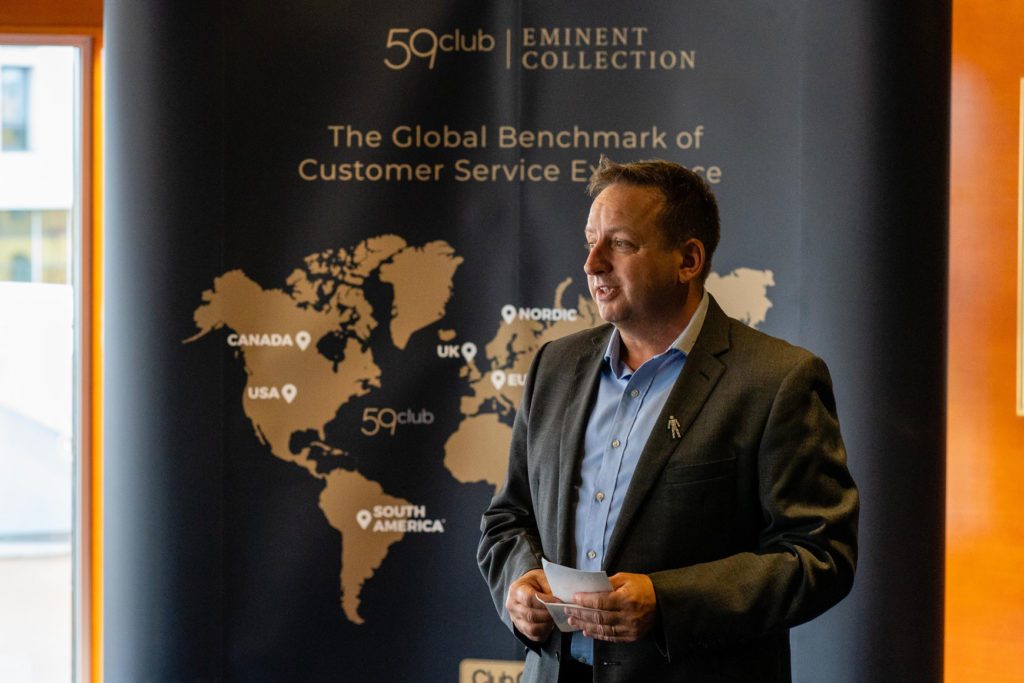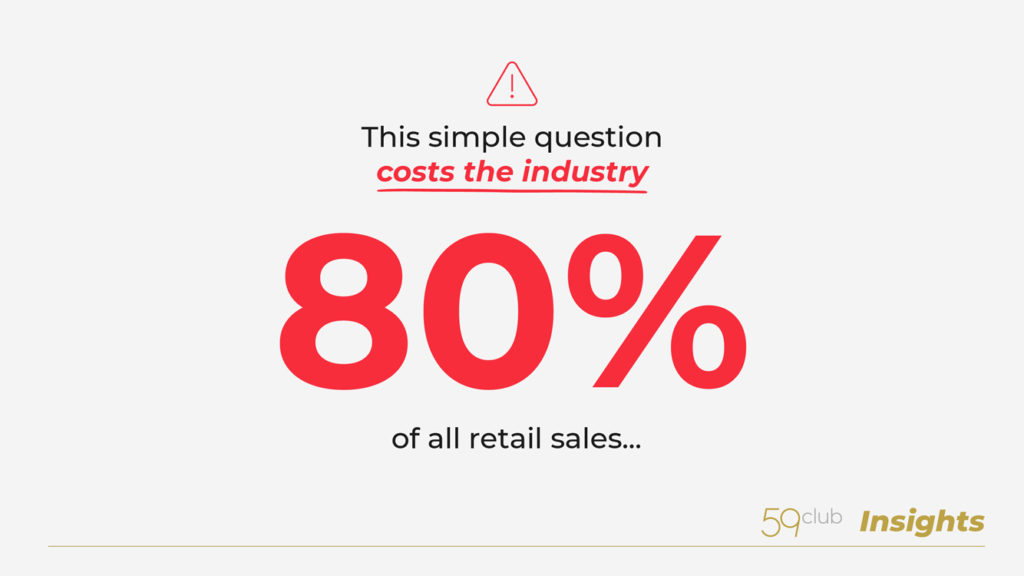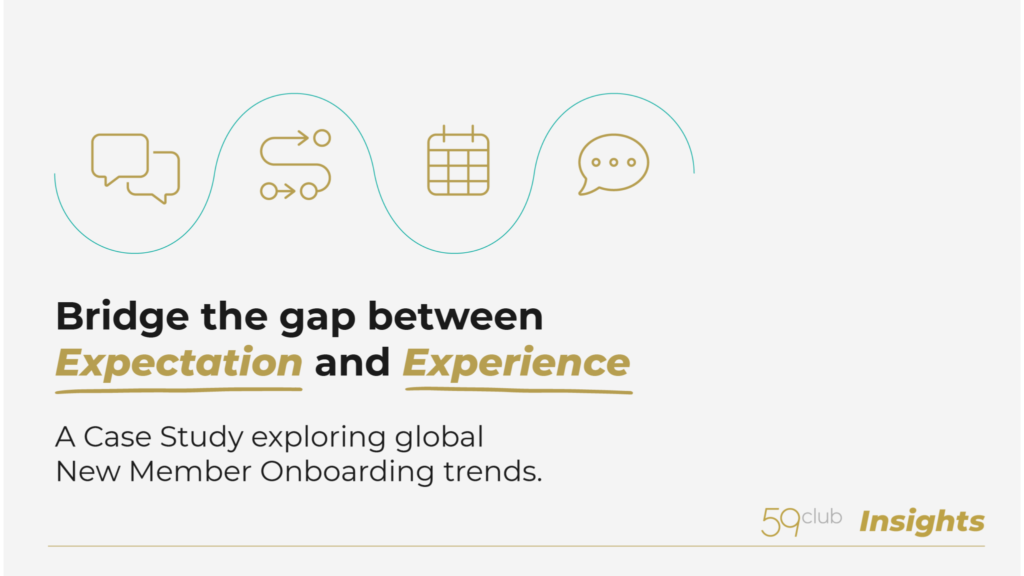In the bustling universe of the hospitality industry, a seasoned manager with over two decades of experience shares their valuable insights into the transformation of employee training.
They, obviously, preferred to remain anonymous, but they did not hold back.
“From the days when face-to-face sessions were the norm, to today’s digital age where countless online resources are available, there’s a discernible contrast between broad, free online training tools and specialized solutions tailored to the unique challenges of the hospitality sector.
“I need someone to come in and get it right away. I need a program to help me make it easy. Custom training allows me to make that message clear as day from day one. Only way I can do that is have everything ready to go from the word ‘go’.”
Here’s five reasons why our “anonymous” manager uses 59club training tools.
1. Universal Approaches vs. Custom-tailored Solutions
The first notable distinction our anonymous manager emphasized is the inherent nature of these tools. Free online platforms tend to take a one-size-fits-all approach. While rich in total information, these tools often present a dilemma, as venues have to differentiate between what’s pertinent to them versus other industries, or worse – bad habits from the industry itself.
And when it comes to bad habits learned form bad organizations, how do you make it right?
2. Content Depth Matters
The vastness of free online resources, though impressive, frequently falls short when it comes to the intricacies needed for complex operations. This manager points out that hospitality venues are multifaceted, encompassing departments from housekeeping to front desk operations, from customer service to event management. Each has its nuances and demands. Specialized training solutions cater to these areas with depth, ensuring holistic development.
“We need a real understanding of every facet on every level of our operations. There’s no way we can expect a retail associate to have the same rapport as our seasoned desk clerk…unless they trained together and understand our collective goals. Frankly, we need everyone on board from their first day. If we miss an opportunity to provide exceptional service, we’ll never get it back.”
3. Adapting to an Ever-changing Landscape
Another key observation from this industry veteran is the rapid evolution within the hospitality sphere. Guest expectations, technological innovations, and market dynamics are in perpetual motion. Free tools, despite their periodic updates, might not capture these real-time nuances. A dedicated solution, they hint, keeps pace with industry fluctuations, ensuring relevancy.
4. The Value of Community and Networking
One underrated advantage of specialized solutions, as per this manager, is the community they nurture. Engaging with dedicated platforms often opens doors to network with industry peers, exchange best practices, and learn collectively. Such opportunities are generally sparse on generic platforms.
In other words, “make it personal.”
“I want personal rapport. I want my associates to know our guests better than I do. But we cannot create than environment or ‘want to’ without clear expectations and 59club’s training tools make that easy for us. We can easily tell our new hires and our junior associates what is expected of them in this business. There’s no confusion.
5. Gauging the Return on Investment
This seasoned hospitality manager is a firm believer in the adage: “You get what you pay for.” While acknowledging the benefits of free training tools, especially for entities with limited resources, they stress the undeniable ROI seen with specialized solutions. Investing in a dedicated platform wasn’t merely an expense for them but a strategic pathway to sustainable growth.
This industry insider’s journey over two decades illuminates that training methodologies’ progression isn’t just a shift from traditional to digital or from paid to free. It’s about recognizing the layers of hotel operations and aligning with tools that resonate with those goals. The anonymous manager believes that while free online platforms have their place, the depth, customization, and real-time adaptability of specialized training solutions can be the game-changer for the hotel industry. Their insights serve as a beacon for those charting their path in the dynamic world of hospitality.






